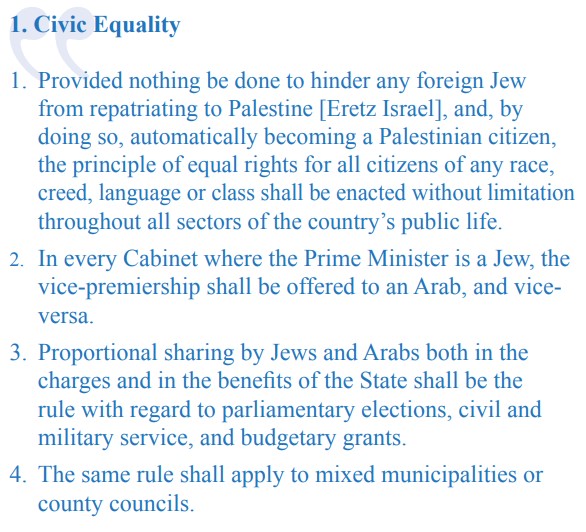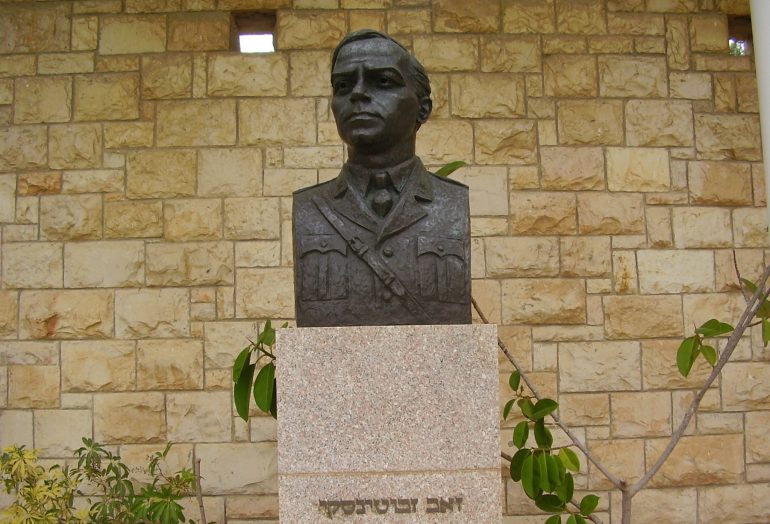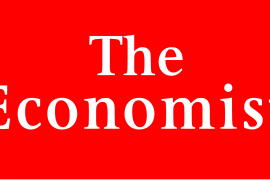An article in the Economist (“How Zionism has evolved from a project to an ideology”), which appeared in the Middle East & Africa section of the April 29th print edition, included the following, in the context of arguing that the current controversy concerning judicial overhaul points to a broader debate over the country’s future:
Today’s tensions over Israeli democracy would have been familiar to many of [Theodor] Herzl’s followers. Some were secular, even assimilated Jews, whose imaginations were fired by the birth of nationalism across Europe. For those who were born into religious families, however, Zionism encapsulated the thrice-daily traditional Jewish prayer: “May our eyes behold Your return to Zion.”
As Herzl’s Zionist movement grew in the years leading up to Israel’s founding in 1948, it was dominated by secular Jews who divided into two main camps. Their imprint is still felt on Israeli politics today. One camp was led by Ze’ev Jabotinsky, a right-winger who drew heavily on European nationalism, and in some cases fascism. He argued for “one flag”, meaning a single-minded focus on establishing a Jewish state. He believed this should encompass not just Palestine but also modern-day Jordan. Mr Netanyahu’s Likud party is the ideological heir of this “Revisionist Zionism” camp.
The myth that Ze’ev Jabotinsky, one of Zionism’s founding fathers, was a fascist has been discredited many times by serious scholars of the Zionist leader, and, in fact, Jabotinsky, though not a socialist like many of Zionism’s early leaders, was a (small L) liberal. As the Israeli historian and political scientist Avi Shilon wrote, he “never lost his commitment to classical liberalism”.
The left-leaning Israeli Democracy Institute (IDI) wrote the following, in an in-depth analysis of his writings:
Jabotinsky’s writings reveal that he was out-and-out democrat who believed in a deep form of substantive democracy. He rejected the conception of democracy that sees it as nothing more than majority rule – a formal system of rules governed by elections, referendums and majority decisions. Jabotinsky emphasized the opposite: that democracy is defined by the freedom given to its people – including the freedom to dissent from majority opinion and to criticize the state by means of a free press.
…
He insisted that no majority can escape the obligation to uphold individual freedoms or protect minority rights. He believed that a majoritarian system that denies these rights is undemocratic.
…
Jabotinsky’s conception of equality was comprehensive, absolute and uncompromising…Despite his passionate belief in the Jewish people’s right to the Land of Israel, and the Jewish people’s right to return to the Land of Israel, he never denied the rights of other nations living in Israel. His firm stance stipulated that “the Arabs of Eretz Israel” have the right to full civil, social and cultural equality, including absolute parity in participating in the political system and the government, and in the allocation of state benefits to citizens.
[He] believed that steps must be taken to guarantee that the economic, political and cultural status of the Arab minority will never be harmed.
…
Despite the significance Jabotinsky attached to nationalism in general and to the Jewish nation in particular, his nationalist outlook did not lead him to embrace authoritarian notions of state authority and its forceful imposition on individuals.
In fact, in one of the final writings before his death in 1940, Jabotinsky revealed that senior leaders in his movement had written a draft constitution for the future state, which included the following on equality:

Ze’ev Jabotinsky was the opposite of a fascist, and it’s extremely unfortunate that the Economist’s editors didn’t flag the false accusation before publication.
(Those who wish to read more about the life of Jabotinsky would be well served to read Hillel Hilken’s biography)






By and large the Economist did not say anything untrue at the moment in its three articles on Israel’s 75th; BUT it did omit three points. (1) That under the Mandate when the Jews were not independent and the British controlled finance and security forces, The Yishuv nevertheless laid very firm and deep foundations of its economy, its organisation and stake out. The Green Line map of “Little Israel” hangs on where the “tower and stockade” kibbutzim were in 1947. (2) The PA which was given the Oslo gifts of formal recognition, millions in foreign aid and and a security force nevertheless failed to create a working de facto state and economy as did the Yishuv and Michael Collins’ Ireland. (3) All the questions asked of Israel also apply to the PA. Does the PA want to wade through bloody strife reaching for everything between the River and the Sea – in which case it merits no sympathy for its casualties. Is the PA truly interested in a two state solution which PLO Charter arts 8-9 are against? In which case it needs to make some big changes in its behaviour. (3) Have the PA, Hamas etc considered that it is heading for a re-run of 1948 in spades? Besides the high probability the US and EU etc pull the plug on UNWRA and other aid when the petro era ends? Shoulld not the Pa “Take the offers and run with them,” before they vanish as did the maps of Peel, UN 181, the Green Line and Olmert?